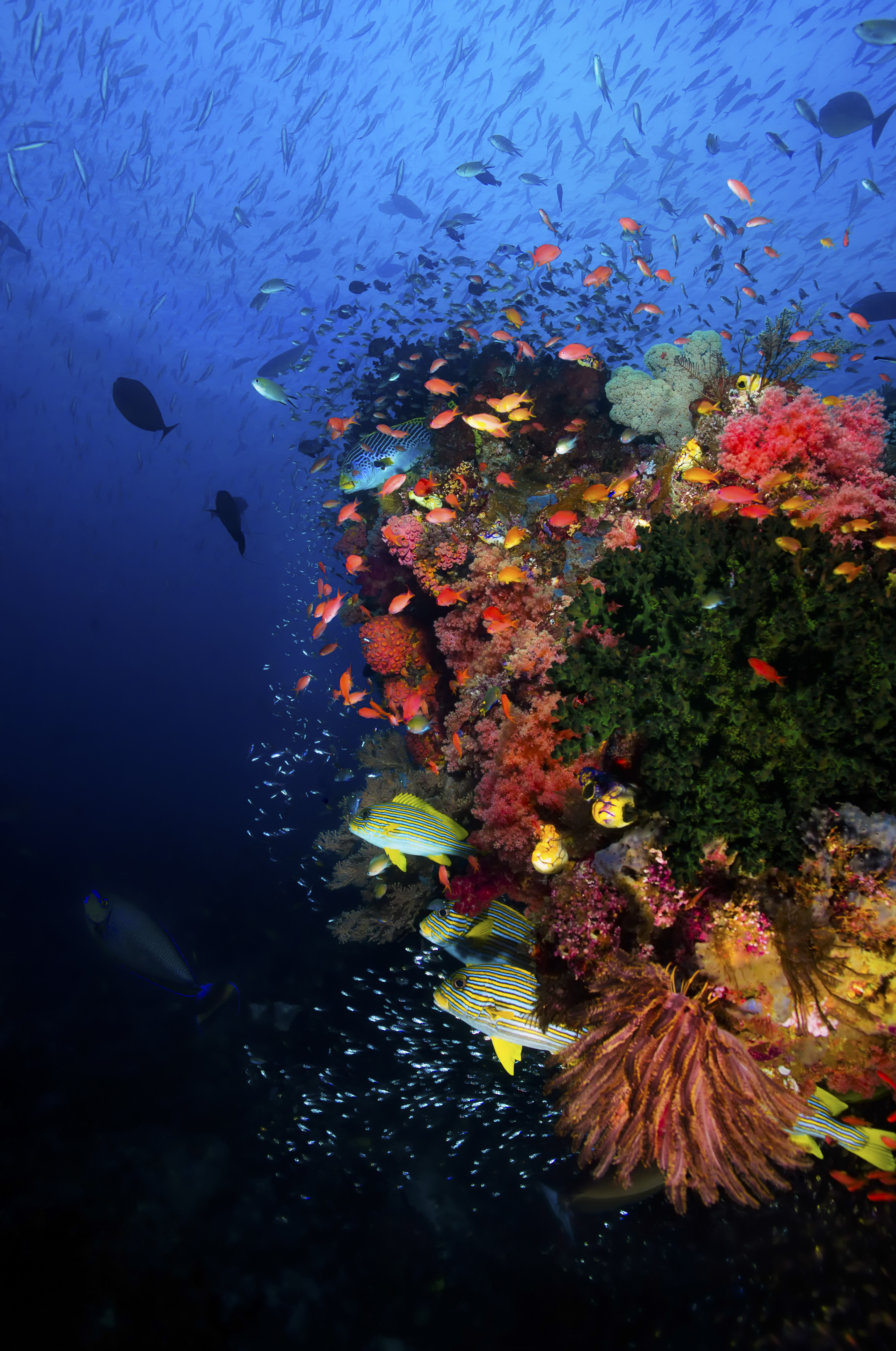Our Expertise
Observer and market surveys: We design, manage and participate in market and observer surveys. These may provide information on catch, bycatch and discard compositions and volume as well as samples needed for the determination of biological parameters. Data are either collected by an offshore programme, where observers work on commercial vessels at sea to sample and collect biological information on catches, and an onshore programme where observers collect data on landings. Surveys are stratified by fleets and métiers.
Fishery independent surveys: We design, co-ordinate and participate in annual fishery independent surveys, primarily using Cefas Endeavour. Surveys provide fishery independent estimates of species’ abundance at age and material for determination of biological parameters. The majority of surveys are trawl surveys, although we also conduct camera surveys, acoustic surveys and plankton (egg) surveys to assess abundance of some fish and shellfish species.
Sample processing: We routinely process otoliths to determine the ages of fish species for assessments, and may also process plankton samples, gonads and other materials to determine biological parameters and as inputs to fishery independent abundance estimates. The otolith laboratory typically processes more than 50000 otoliths each year, from a range of species and stocks.
Data curation and delivery: We develop systems for collection and curation of observer, market and fishery independent survey data, and laboratory data, and provide validation and quality control. We collect and curate data for use in Cefas and prepare data to international standards for transmission to international databases and stock assessment working groups.
Stock assessment: We conduct stock assessments and test management strategies. The assessments estimate the status of stocks, usually in relation to reference points. Management strategies are tested with management strategy evaluation, to assess their compliance with a precautionary approach regarding risks to maintenance of reproductive capacity, and according to the likelihood that high yields will be produced in the long term. This work is conducted nationally, and with international groups, and supported by methods development and benchmarking, to ensure the best available data, methods and assumptions are used.
Advice: We routinely use the outputs from stock assessments to advise on sustainable catch levels, often through international groups. We also provide advice on technical matters that support fisheries management, on ecosystem-based management and on the interactions between fisheries, the environment and other human activities.

